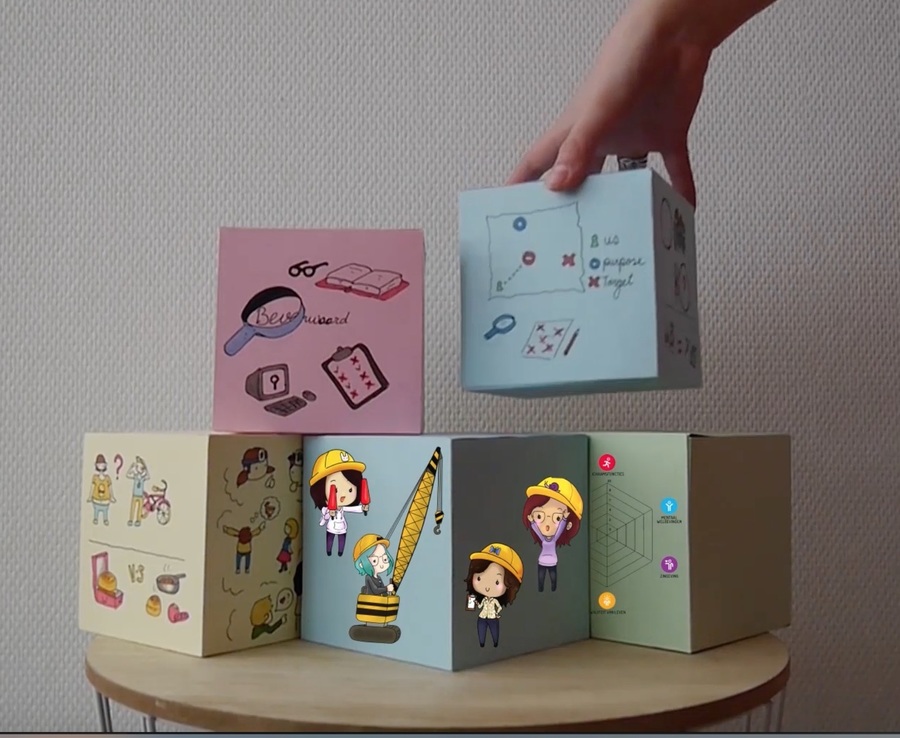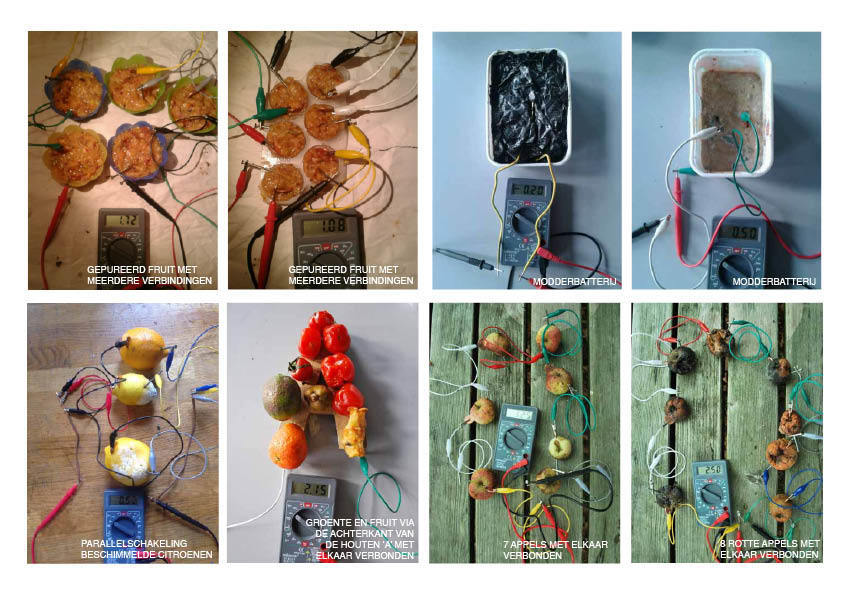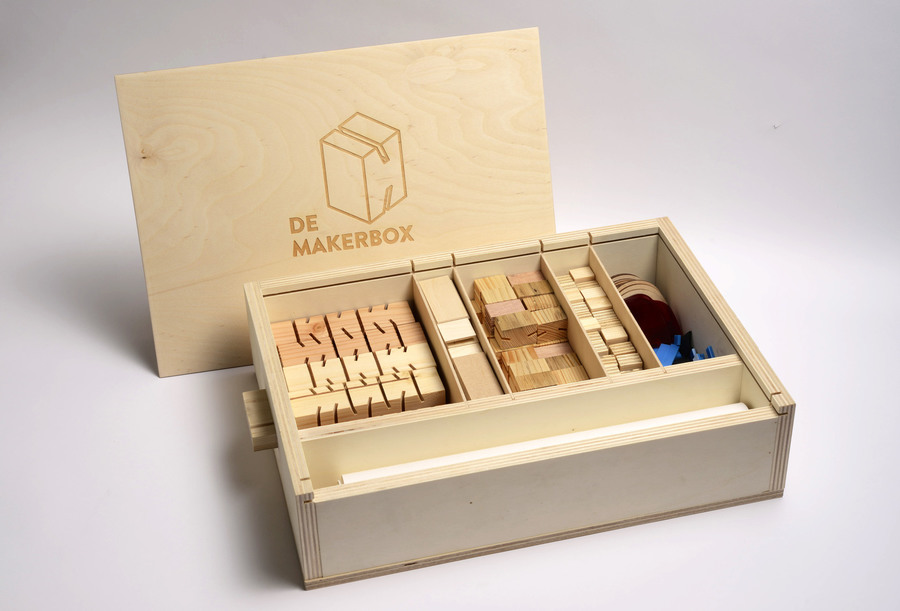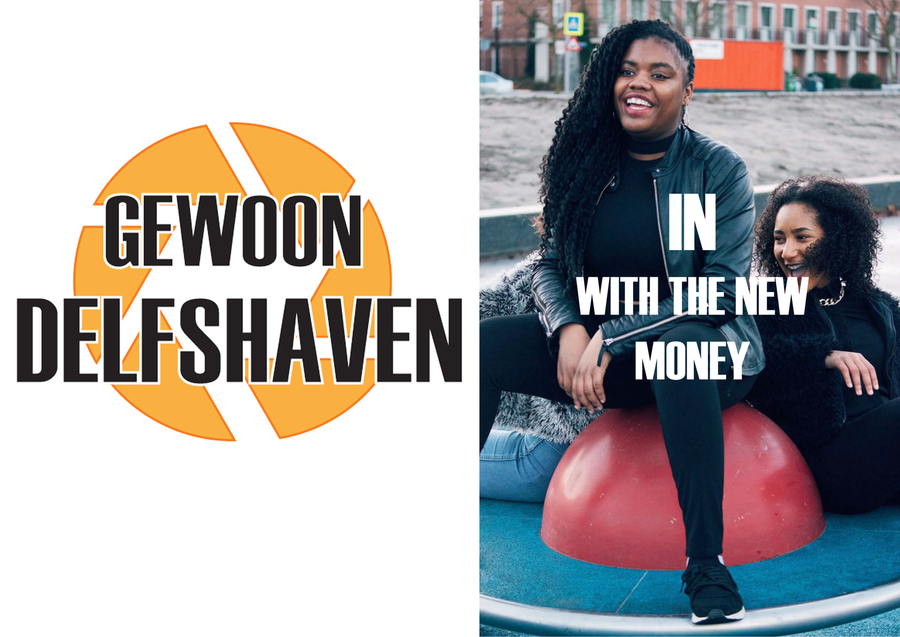The Inclusive City On Stage
The wikipage input value is empty (e.g. SomeProperty::, [[]]) and therefore it cannot be used as a name or as part of a query condition.
Line 23
In 2016, the WdKA department of Social Art and Design initiated with local partners a multi-year programme in three districts of Rotterdam. Our aim is to contribute to the becoming of an inclusive city and to learn how to be effective in doing so. The programme is implemented in the neighbourhood’s Bospolder-Tussendijken / M4H-area (Delfshaven), Afrikaanderwijk (Feijenoord) and Beverwaard (IJsselmonde). In these neighbourhood’s we work with partners such as CultuurConcreet, Bouwkeet, Delfshaven Coöperatie, Bibliotheek Rotterdam, Freehouse/ Wijkcooperatie Afrikaanderwijk, Veldacademie, IJsselwijs and Erasmus MC. These partners address different issues in society related to the DNA of these area’s, experimenting with 'inclusive' next-economy, gentrification and positive health approaches. The name ‘line 23’ refers to the tram line number 23, trans-secting Rotterdam from North-West to South-East, from Marconiplein to Beverwaard, connecting the three districts involved. Line 23 is also known as one of the longest tram lines in the Netherlands. Our Community of Practice identifies with these notions of traversing the city, connecting and opting for the long range.
Tina Rahimy about The Art of the Inclusive City
Tina Rahimy (Lector superdiversity and politcal philosopher) will reflect as keynote speaker on the Art of the Inclusive City. Young designers of the WdKA did this as well and will present design fictions inspired by the urban agenda of Rotterdam. Are you also in pursuit of an inclusive city? Join our event!
Beverwaard: Snack-Attack
IJsselwijs and Veldacademie experiment with ‘inclusive’ positive health approaches in De Beverwaard / IJsselmonde challenging health issues like obesities. Loretta Hodos and Amy Marks designed with fellow students of the WdKA a game to find out how children value food in their daily life. Sander Smoes and Bruno Setola are interviewed about the potential contribution of gamification in this context.
Afrikaanderwijk: New lights on Waste
Afrikaanderwijk coöperatie challenges with local entrepreneurs the waste issues of the Afrikaander street market in Feijenoord. How do circular-economy approaches contribute to an ‘inclusive’ development of the neighbourhood? Maarke Klein and Gina Smid will present the first research and design outcomes. Annet van Otterloo and Gaspard Bos are interviewed how sustainability approaches could contribute to an inclusive development.
Delfshaven: The Maker-Box
Bouwkeet promotes an inclusive development of the ‘next ecomomy’ by challenging children with cultural diverse backgrounds in Bospolder-Tussedijken to develop their ‘21st century skills’. WdKA students Lisanne Meester, Evie van Velzen and Jill van den Brand designed a Maker-Box with school children which might inspire them to engage. They used waste materials from the M4H area. Daniel White and Iris Schutten reflect on further optimising this collaboration with young designers in the near future.
Gewoon Delfshaven
The Delfshaven Cooperative connects local initiatives with government and entrepreneurs. Young designers of the WdKA, Jorge Coffie, Ella Gerritsen, Iris van Vorstenbosch and fellow students designed a local vlog platform, ‘Gewoon Delfhaven’ with a credit system which motivates youngsters in the neighbourhood to manifest themselves to connect with these networks and the networks with them. Esther Genette, Robbert de Vrieze and Teana Boston-Mammah are interviewed about the first results and how to take cultural diversity approaches in account in future developments.
and more...
Such as ... challenging Design Fictions in the foyer and a striking example of Open Design based on Unusual Knowledge of a specific community. These and other practices serve as starting point of inspiring discussions with experts and the audience about social design and the art of the inclusive city. Marjan van Gerwen, director of CultuurConcreet and Bori Feher, director of MoMe ecolab in Budapest will close the evening with some observations on the further development op the community of practice Line 23.
Join us!
Register here for the Beyond Social Event of February 9th at Het Nieuwe Instituut. RotterdamLinks
CONTRIBUTE
Feel free to contribute to Beyond Social.












